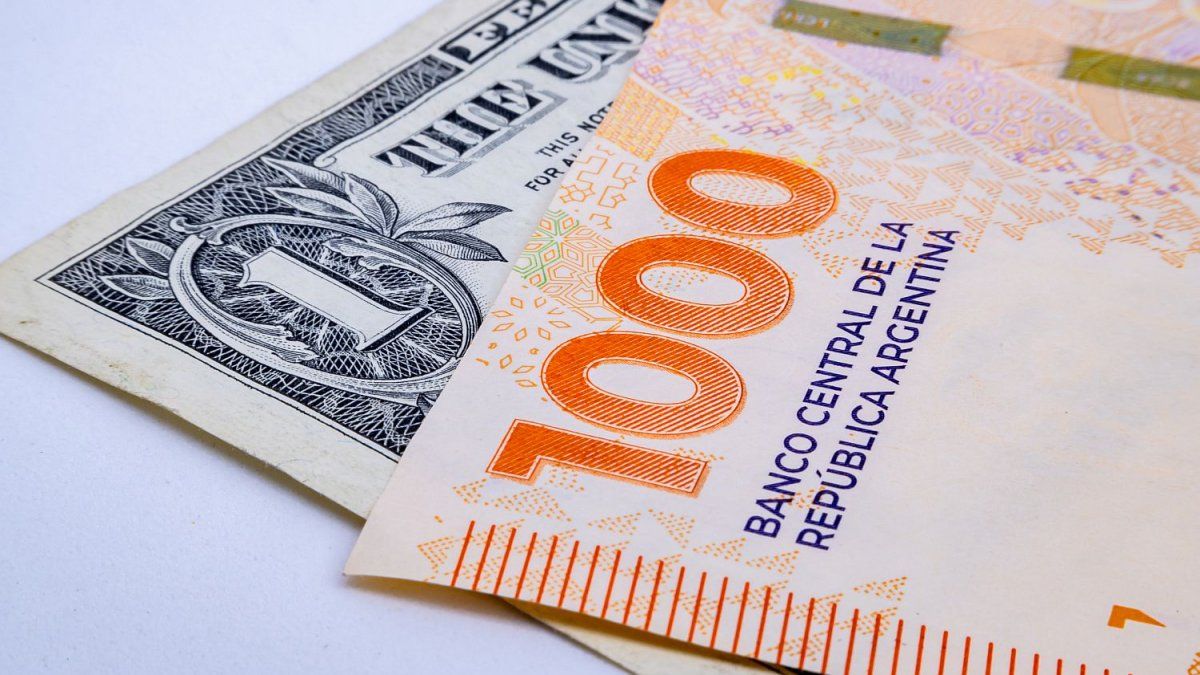After the Treasury repurchased 30% of the monetary base with the surplus from the last auction of bills and after the last tender for ‘Bopreal’ bonds (aimed at importers), the exchange market remains calm, but for how long?
Between the shortage of pesos and market doubts: How long will the dollar remain calm?
Depositphotos
The Argentine exchange market began the week this Monday marked by a marked shortage of pesos after recent tenders for securities that aim to absorb liquidity as a way to help stop the inflationary escalation. Thus, analysts estimate that The Treasury repurchased 30% of the monetary base with the surplus from the last auction of bills and from the last tender of BOPREAL bonds.
The content you want to access is exclusive to subscribers.
“The recent BOPREAL tenders they calmed down the demand for the dollar quite a bits, I would also add the rise in bonds due to a series of ‘good news’, therefore lower country risk – that contributes to calming expectations of devaluation – and above all the sale of dollars from exporters,” explained the analyst. Maria Moyano of Adcap.


Another aspect that helps the situation is the recent announcement of a primary surplus in January, something that has not happened since August 2012. The analyst Salvador Vitelli explained that the demand for money that tends to keep dollars calmin addition to a greater liquidation by exporters in “CCL” which makes it an offered market but with few demanders.
“The market is beginning to show a marked decline in the dollarthis is due to the massive sale due to the need for dissavings of the different economic actors given the high market recession,” added Di Stéfano.
“After two months of the new monetary policy implemented by the new Government (of ultra-liberal Javier Milei), it is interesting to ask ourselves the effects on the balance sheet of the central bank (BCRA) and the possibilities of lifting the stocks in the short term,” he estimated Delphos Investment.
“The ‘liquefaction’ through persistently negative interest rates and the exchange rate appreciation as a result of the ‘crawling peg’ to 2% would remain firm during February. Questions about the sustainability of appreciation will begin to grow as the second quarter approaches and the liquidation of the coarse harvest,” he estimated.
Investors are awaiting the next steps of the Government to implement its policies after the treatment of an ambitious law called ‘omnibus law’ failed in Congress. Milei assumed the presidency with the promise of dollarizing the economy, ending inflation, eliminating the central bank and cutting privileges, among other points.
Source: Ambito




